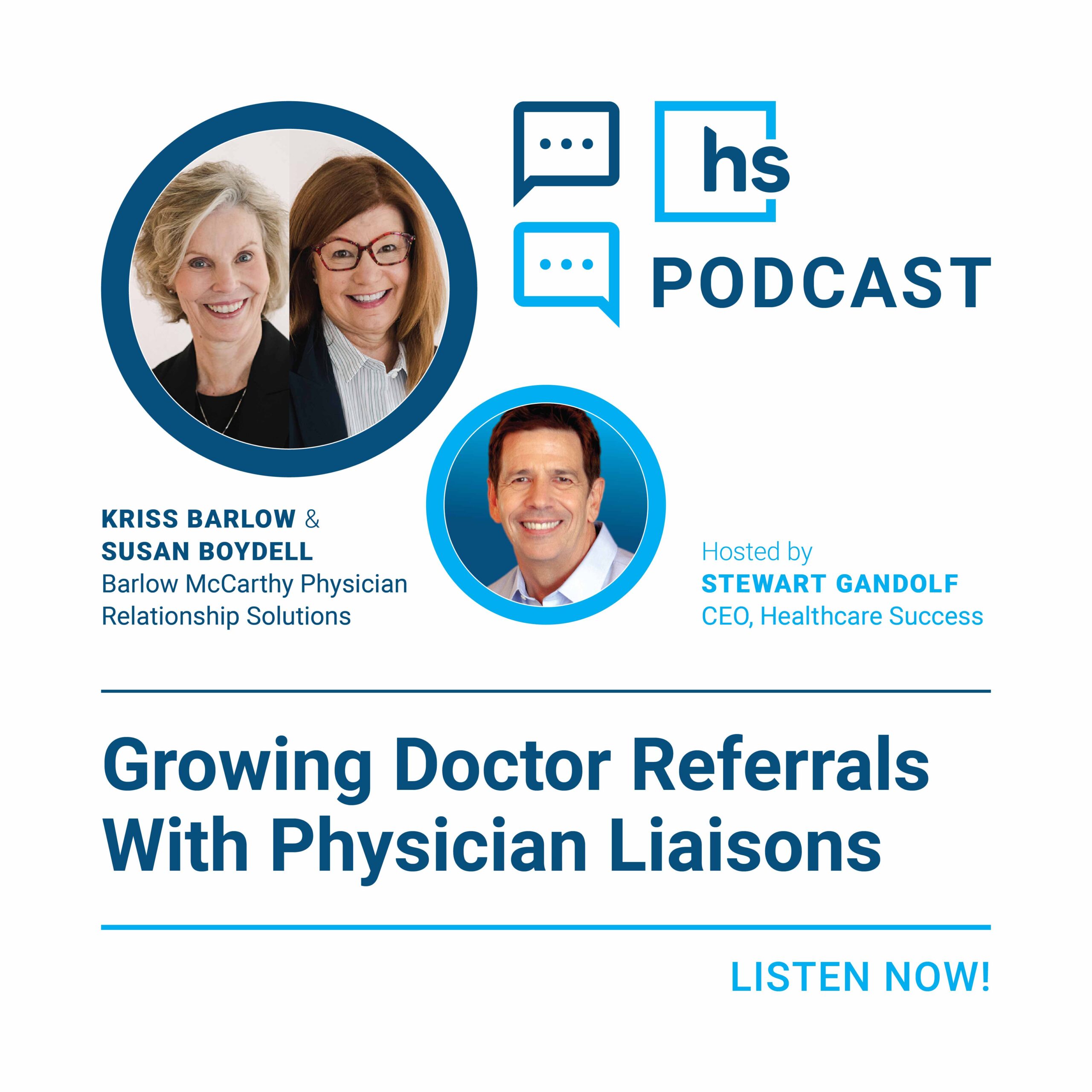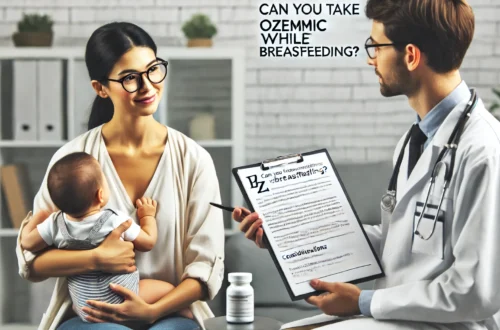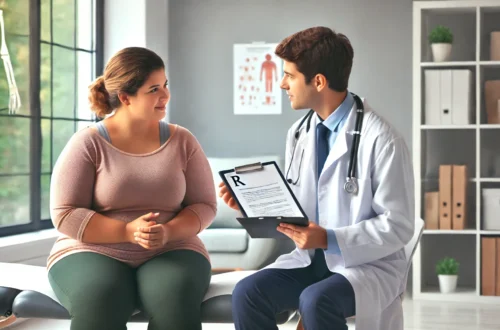Polycystic Ovary Syndrome (PCOS) is a condition that affects many women, particularly those in their reproductive years. It can cause symptoms like irregular periods, acne, weight gain, and difficulty getting pregnant. While there’s no cure for PCOS, certain vitamins for PCOS can help alleviate these symptoms and improve your overall well-being. Let’s dive into the best vitamins for PCOS and how they work!
What is PCOS?
PCOS occurs when your ovaries produce too many male hormones (androgens). This imbalance can lead to:
- Irregular or missed periods
- Excess facial or body hair (hirsutism)
- Acne or oily skin
- Weight gain or difficulty losing weight
- Trouble getting pregnant
Additionally, many women with PCOS also experience insulin resistance, which can make managing blood sugar levels harder. That’s why managing PCOS through diet and lifestyle changes—especially incorporating the right vitamins—is so important.
How Vitamins for PCOS Works
Vitamins are essential nutrients that support your body’s functions. For women with PCOS, certain vitamins can help:
- Regulate hormones
- Improve insulin sensitivity
- Reduce inflammation
- Support fertility
- Promote healthy skin and hair
Let’s take a look at the best vitamins for PCOS, along with their natural sources.
Top 5 Vitamins for PCOS
Here’s a list of the top vitamins for PCOS, with rich natural sources to help you incorporate them into your diet.
1. Vitamin D
Why it helps:
Vitamin D is critical for hormone balance, reducing inflammation, and improving insulin sensitivity, all of which are especially beneficial for women with PCOS. Research has shown that many women with PCOS are deficient in Vitamin D, and supplementing with it may help improve symptoms like menstrual irregularities.
Natural sources of Vitamin D:
- Sunlight: Your body naturally produces Vitamin D when exposed to sunlight. Aim for 15–30 minutes a day in direct sunlight, especially in the morning.
- Fatty fish (like salmon, mackerel, and sardines) are excellent sources of Vitamin D.
- Egg yolks and fortified dairy products like milk and yogurt.
- Mushrooms: Certain varieties, such as maitake and shiitake, are rich in Vitamin D. You can find more info on this in this Healthline article about mushrooms and Vitamin D.
2. Vitamin B12
Why it helps:
Vitamin B12 is essential for energy production and maintaining a healthy nervous system. Women with PCOS who take medications like metformin for insulin resistance are at a higher risk of Vitamin B12 deficiency. Supplementing with B12 can also help with fatigue and support healthy metabolism.
Natural sources of Vitamin B12:
- Animal-based foods like lean meats (beef, chicken), fish (salmon, tuna), eggs, and dairy products (milk, cheese, yogurt).
- Fortified cereals and nut milks (such as almond or soy milk) are great plant-based options for those following vegetarian or vegan diets. Look for labels that indicate they are fortified with Vitamin B12.
3. Vitamin E
Why it helps:
Vitamin E is a powerful antioxidant that helps reduce inflammation and oxidative stress—issues that are often elevated in women with PCOS. It also supports fertility and promotes healthy skin, which can be helpful if you’re struggling with acne.
Natural sources of Vitamin E:
- Nuts and seeds like almonds, sunflower seeds, and hazelnuts are rich in Vitamin E.
- Leafy greens such as spinach, Swiss chard, and kale also contain significant amounts of Vitamin E.
- Vegetable oils, particularly sunflower oil, wheat germ oil, and safflower oil.
- Avocados are not only rich in healthy fats but also contain a good amount of Vitamin E.
For more details on Vitamin E’s skin benefits, you can read this NCBI study on Vitamin E.
4. Vitamin C
Why it helps:
Vitamin C is essential for immune function and helps reduce oxidative stress. It’s also crucial for balancing hormones and improving egg quality, which is particularly important for women with PCOS trying to conceive.
Natural sources of Vitamin C:
- Citrus fruits like oranges, lemons, and grapefruits are well-known sources of Vitamin C.
- Bell peppers (especially red peppers) contain even more Vitamin C than oranges.
- Strawberries, kiwis, and broccoli are also excellent sources of Vitamin C.
- Tomatoes and leafy greens like kale and spinach also contain Vitamin C.
To learn more about Vitamin C and fertility, check out our article on Vitamin C for PCOS and PubMed article on the role of Vitamin C in reproductive health.
5. Vitamin B6
Why it helps:
Vitamin B6 is essential for hormone regulation, especially in managing elevated levels of prolactin, a hormone that can interfere with fertility. It also helps reduce mood swings, anxiety, and depression often associated with PCOS.
Natural sources of Vitamin B6:
- Poultry (chicken and turkey), fish (salmon, tuna), and lean meats like beef or pork.
- Bananas are one of the best sources of Vitamin B6, and they’re easy to add to smoothies or snacks.
- Avocados are another great source, and they also provide healthy fats.
- Potatoes, spinach, and fortified cereals.
For more information on the mood-regulating effects of Vitamin B6, check out this Mayo Clinic article.
How to Add These Vitamins to Your Routine
- Eat a Balanced Diet: Fill your plate with nutrient-dense foods rich in vitamins for PCOS, such as fruits, vegetables, lean proteins, and healthy fats. Whole foods provide the most bioavailable forms of these vitamins.
- Consider Supplements: If you’re not getting enough of certain vitamins through food, consider a supplement. But always talk to your doctor before adding anything new to your routine.
- Avoid Processed Foods: Processed foods high in sugars and unhealthy fats can exacerbate PCOS symptoms. Stick to whole, nutrient-rich foods whenever possible.
- Stay Hydrated: Drinking plenty of water supports your body’s ability to absorb vitamins and maintain optimal function.
- Get Regular Check-Ups: Make sure to have your vitamin levels checked regularly by your doctor to ensure you’re not missing out on essential nutrients.
Combining Vitamins for PCOS with Lifestyle Changes
While vitamins for PCOS are a key part of managing your symptoms, they work best when paired with healthy habits. Here’s how you can take it a step further:
- Exercise Regularly: Exercise helps improve insulin sensitivity, balances hormones, and reduces stress. Even a daily walk can make a big difference.
- Manage Stress: Practices like yoga, meditation, and deep-breathing exercises can help lower cortisol levels and ease PCOS symptoms.
- Sleep Well: Aim for 7–8 hours of restful sleep each night to support your body’s natural hormonal rhythms.
PCOS may present challenges, but the right vitamins for PCOS can help you manage symptoms and improve your quality of life. By including Vitamin D, B12, E, C, and B6 in your diet—through both food and supplements—you can support hormone balance, fertility, and overall health. Couple these with lifestyle changes like exercise, stress management, and quality sleep, and you’ll be on the path to feeling your best.





